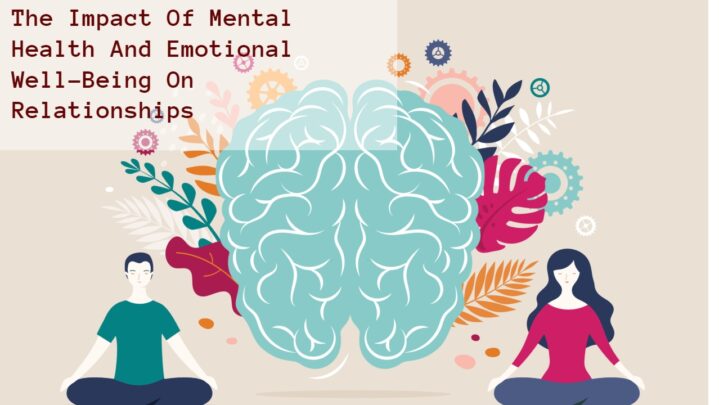People who have poor mental health or emotional well-being are more likely to have relationship problems and may struggle to develop and sustain meaningful connections with others.
Anxiety and despair, for example, can have an impact on how people connect with one another. People suffering from anxiety may find it difficult to trust others or build intimate connections, whilst those suffering from depression may find it difficult to find joy in activities and may withdraw from social contacts. These issues can make it difficult for people to build and sustain connections, leading to feelings of isolation and loneliness.
Relationships rely heavily on emotional well-being. People who are emotionally well-adjusted are more likely to have pleasant and healthy relationships, whereas those who are emotionally unstable may struggle to build and sustain connections with others. Emotional well-being is intimately related to one’s capacity to manage emotions, communicate effectively, and establish appropriate boundaries.
Furthermore, poor mental health and emotional well-being can have a severe influence on the quality of relationships. People suffering from poor mental health may have difficulty communicating, resolving disputes, or even being aggressive in their relationships. People who have strong mental health and emotional well-being, on the other hand, are more likely to have rewarding and healthy relationships.
As a result, in order to have healthy and satisfying relationships, individuals must prioritize their mental health and emotional well-being. Seeking treatment from a mental health professional, practicing self-care, and acquiring good communication and conflict-resolution skills may all contribute to this.





